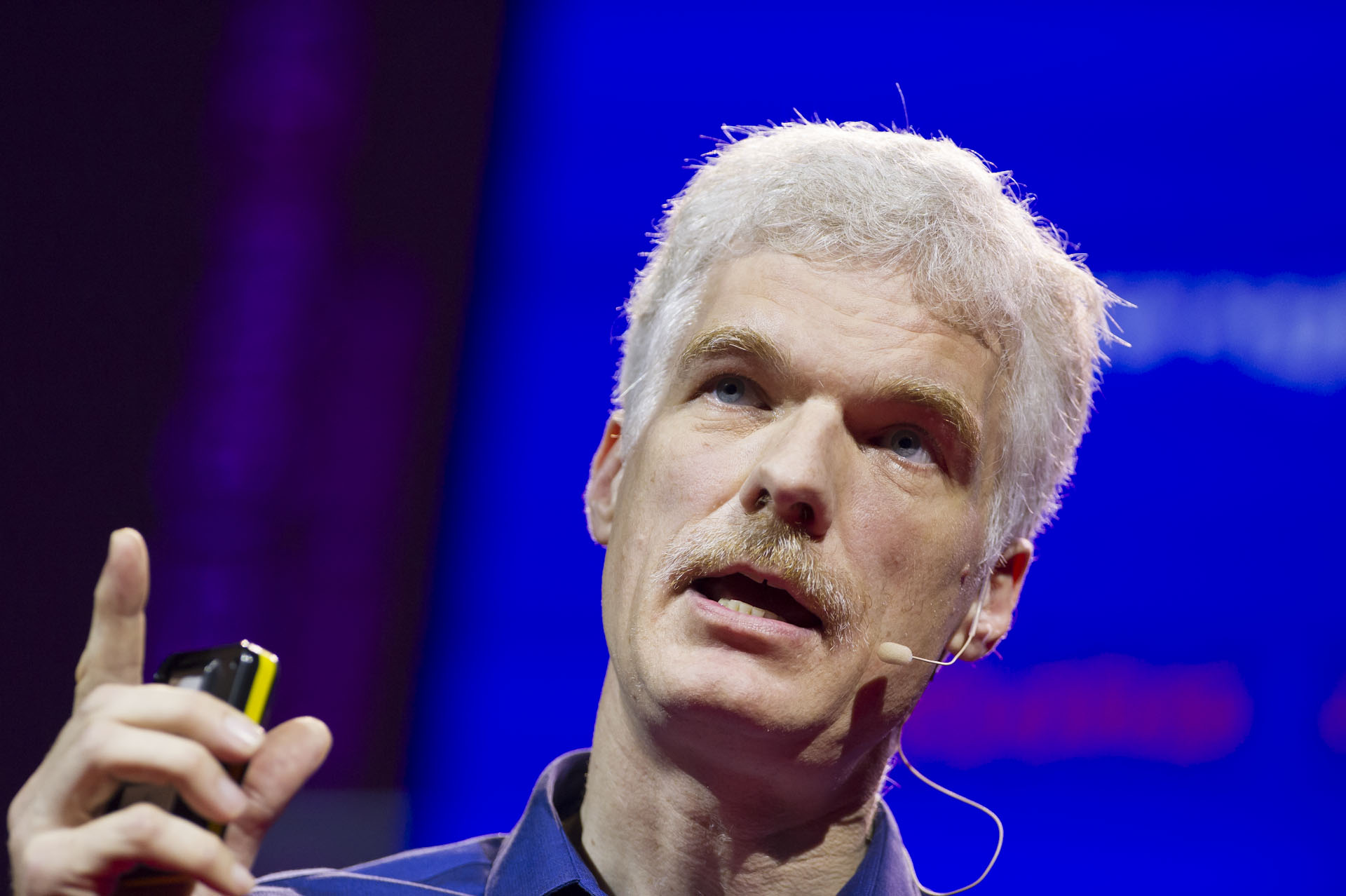Education in an uncertain world

By Andreas Schleicher
Until the Industrial Revolution, neither formal education nor advances in technology made much of a difference for the vast majority of people. But as technological progress accelerated, education failed to keep pace, leaving vast numbers of people struggling to adapt to a rapidly changing world and contributing to widespread suffering.
It took a century for public policy to respond with an effort to provide universal access to schooling. In recent decades, remarkable strides have been made toward realizing that ambition worldwide. But in an era when technological innovation is once again outpacing education, the effort to provide everybody with an opportunity to learn must not only be redoubled; it must also be retooled for an increasingly unstable and volatile world.
Access to education has been significantly broadened. The world is no longer rigidly divided between rich, well-educated countries and poor, badly educated ones. The quality of schooling remains a powerful predictor of national income over the long term, and many low-income countries have begun leveraging education in the service of economic development. As a result, among 80 countries with comparable data on the quality of learning, GDP per capita now explains only 6% of the variation in performance.
Much work remains to be done – even in high-income countries. Many oil-producing countries, in particular, have succeeded in converting their natural wealth into physical capital and consumption; but they have failed to build the human capital that can sustain their economies in the future. If the high-income non-OECD countries equipped their students at least with very basic skills, they would, as a group, benefit from added economic value equivalent to almost five times their current GDP. Even with their abundant natural resources, far greater wealth lies untapped in their populations’ undeveloped skills.
Education has a much wider impact than simply improving earnings or employment opportunities, which is why it is a component of the human development index. In all countries with comparable data, adults with lower literacy skills are far more likely to report poor health, have less trust in their fellow citizens, and perceive themselves as objects – rather than actors – in the political process. For countries that fail to equip their residents with the proper skills, technological progress is unlikely to translate into economic growth, and large swaths of the population risk languishing on the margins of society.
And yet, it is important to note that formal education alone is not enough to ensure greater opportunity and prosperity. In many economies, too many unemployed graduates coexist with a large number of employers who cannot find workers with the skills they need. If individuals and countries are to continue to reap the benefits of education, policymakers must focus on the skills required to prosper in a rapidly changing world.
In the past, education was about imparting knowledge. Today, it is about providing students with the tools to navigate an increasingly uncertain, volatile world. Unfortunately, the skills that are easiest to teach and test are also the easiest to automate or outsource. State-of-the-art knowledge remains important. But the global economy no longer rewards workers for what they know (Google knows everything); it rewards them for what they can do with what they know.
Education needs to focus on improving how students think, work, and embrace technology, and on providing the social and emotional skills needed to collaborate with others. In the past, educators imparted knowledge by breaking problems into manageable pieces and then teaching techniques to solve them. Today, value is often created by synthesizing disparate bits of information. And for that, workers need more than technical knowledge; they must be imbued with curiosity, open-mindedness, and the ability to make connections between seemingly unrelated ideas.
In the traditional education system, students typically learned on their own and were judged individually. But as technology progresses and once separate economies become interdependent, working with others is becoming increasingly important. Today, innovation rarely results from individuals working in isolation; far more often than not, it is the product of sharing and collaboration. Schools need to incorporate this new reality into their curriculums, preparing their students to work across cultures and equipping them for a world shaped by issues that transcend national boundaries.
Part of the policy answer is promoting skills-oriented learning throughout workers’ lives, rather than focusing on education that ends when work begins. Developing skills is easier when learning is integrated into the workplace. Doing so also allows young people to develop hard skills on modern equipment and learn soft skills – including teamwork, communication, and negotiation – through real-world experience. Another important policy approach is active intervention in the labor market, including counseling, job-search assistance, hiring subsidies for low-skill youth, and income support for young people actively searching for work.
Retooling education for the modern economy will require the involvement of every sector of society. Governments will have to design smarter financial incentives. Education systems will have to pivot to foster entrepreneurship and offer better vocational training. Employers will have to invest in their workforces. And labor unions can contribute to ensuring that training translates into better jobs.
Education is increasingly a collective enterprise, and this must be reflected in the skills it provides to graduates. Ultimately, however, the future of education will depend on individuals and their willingness to take advantage of learning opportunities and invest in their own futures.
Copyright: Project Syndicate: Education in an uncertain world
---
Follow us on Twitter: @Azernews
